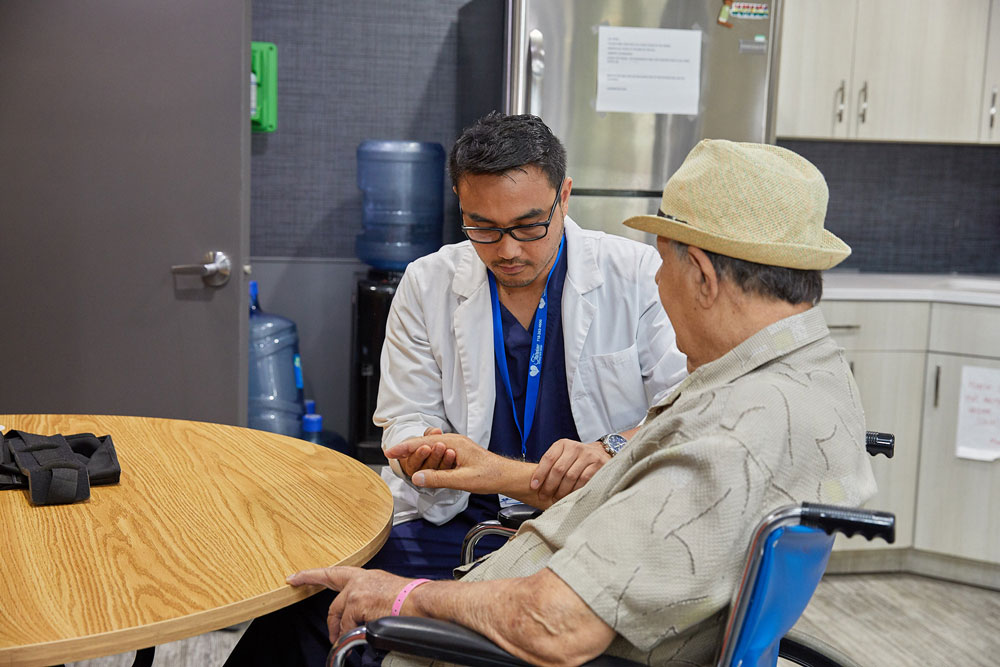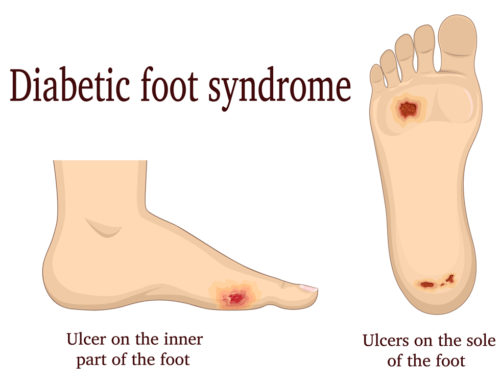Nerve Injury Treatment: What Helps to Heal Faster?
Nerves are located throughout the body, controlling every movement, function, and sensation. After a nerve injury, the damaged areas can’t perform their tasks as they used to until they’ve healed. Recovery time varies depending on the severity of the issue. Of course, with the proper treatment, you may be able to improve healing to regain your former abilities faster.
Several options are available to treat nerve damage, including physical therapy. Your doctor or therapist may also recommend TENS and manual therapy, or IV therapy for raising the body’s vitamin and mineral levels. Fairview Rehab in Queens, NY, offers inpatient and outpatient rehab therapy to match each patient’s needs.
The following sections offer more information about nerve damage recovery.

Speed Up Nerve Injury Healing
To reduce recovery time, your doctor may recommend physical therapy or other exercises to restore functions and prevent stiffness. Your physical therapist can also offer TENS, which does help to relive damaged nerve paid and improve healing.
Other therapies include massage therapy, acupuncture and IV therapy.
Healing damage to the nerves isn’t easy and depends on the location of the injury. For instance, the central nervous system includes the brain and spinal cord. When these nerves are compromised, they rarely regenerate. Instead, new areas of the brain take over, learning new functions to increase the chances of recovery.
The rest of the nerves throughout the body are part of the peripheral nervous system. Mild injuries heal on their own or with minimal treatment. A more severe nerve injury may require surgical intervention as well as rehab therapies and treatments for faster recovery.
Since some medical conditions can cause such injuries, treating the underlying issue also quickens recovery.
Causes of nerve damage
There are several possible causes for central nervous system or peripheral nerve injuries. Damage to the central nervous system is usually more severe, including car accidents, falls, or sports injuries. They also result from medical issues such as stroke, brain aneurysms, or a lack of oxygen.
The peripheral nerves are more fragile and easier to injure in similar ways, including falls or accidents. Some medical conditions also damage these nerves, such as diabetes, carpal tunnel, lupus, and rheumatoid arthritis.
Signs
The symptoms of the damage may vary, depending on which nerves are injured. Motor nerve damage results in muscle weakness, twitching, or cramps. Sensory nerve damage may cause numbness or tingling, balance issues, difficulty walking, or loss of sensation for pain or temperature. Autonomic nerve issues affect unconscious functions, including digestion, blood pressure, and temperature regulation.
Can it be permanent?
Several factors affect whether a nerve injury is permanent. Mild damage may only take a few hours or weeks to heal, leaving behind no trace of the injury. These rarely cause any interruption in your routine, so are quickly forgotten.
More severe nerve damage may take much longer to recover from and sometimes doesn’t fully heal. Even with proper treatment, some injuries are permanent, causing long-term pain, numbness, skin sores, or other issues.
Some believe that neuropathy or nerve injury can be caused by genetic conditions.
Resources:
https://my.clevelandclinic.org/health/body/22584-nerves
https://www.mayoclinichealthsystem.org/hometown-health/speaking-of-health/treating-repairing-nervous-system#:~:text=Central%20nervous%20system%20injuries&text=They%20can%20be%20caused%20by,injuries%20or%20traumatic%20spine%20injuries.
https://www.mayoclinic.org/diseases-conditions/peripheral-nerve-injuries/symptoms-causes/syc-20355631
https://medlineplus.gov/ency/article/000593.htm#:~:text=But%20sometimes%2C%20nerve%20damage%20can,sores%20that%20do%20not%20heal.
This article contains informational and educational materials and does not replace health or medical advice. For questions or concerns regarding your medical condition or health objectives, speak to a qualified physician or healthcare provider.






Is there a cream for foot nerve damage